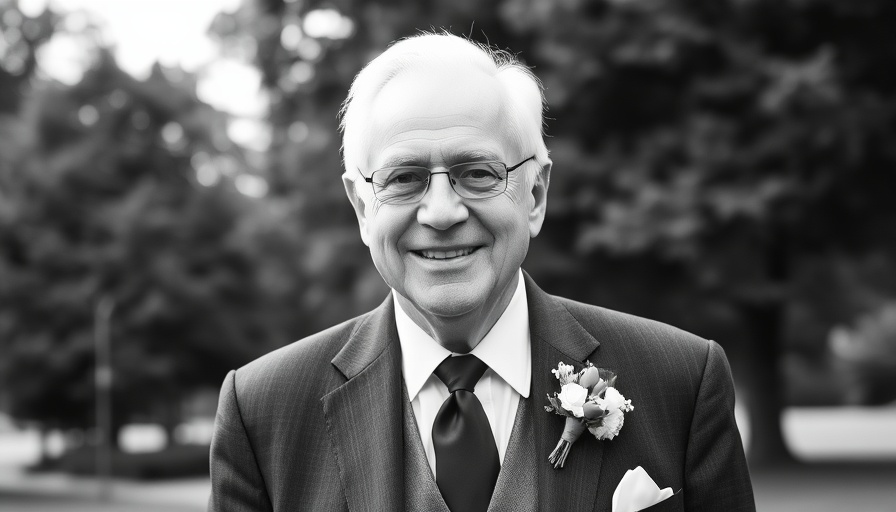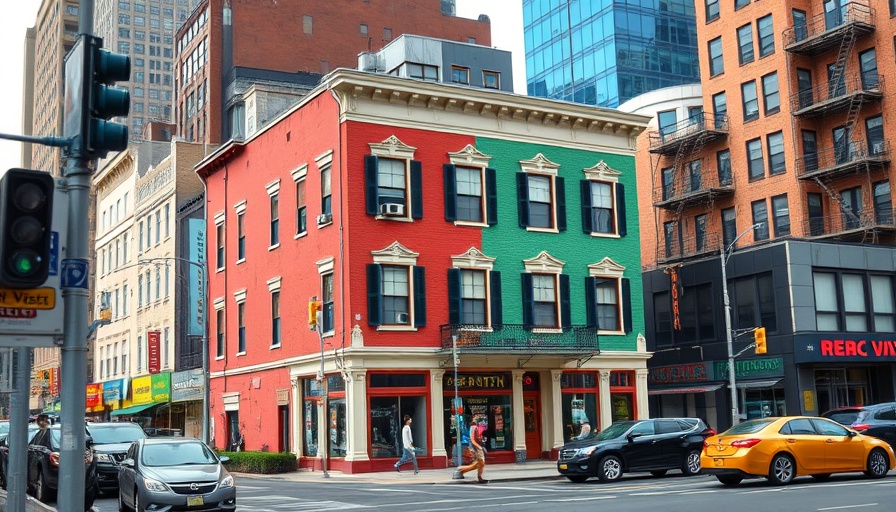
A Historic Institution Shaped by Philanthropy
The Cooper Union, established in 1859 by Peter Cooper, stands as a beacon of educational accessibility and innovation in New York City. Peter Cooper, an industrious philanthropist and inventor, founded this institution out of a belief that education should be available to all, regardless of wealth, gender, or ethnicity. His vision fostered a college that opened doors not only to men but also to women and individuals of diverse backgrounds, reflecting the evolving values of our society.
The Unique Blend of Education and Innovation
At Cooper Union, students benefit from a curriculum that integrates art, architecture, and engineering. This interdisciplinary approach is crucial in fostering innovative thinking that addresses contemporary societal challenges. Programs like the Educational Innovation Grant Program further exemplify this commitment to forward-thinking education, encouraging proposals that create community and elevate diversity within the learning environment.
Peter Cooper's Legacy: From Jell-O to Education
Interestingly, Peter Cooper also made significant contributions to popular culture through his invention of gelatin and subsequent development of Jell-O. His fame as an inventor did not distract him from his philanthropic ambitions; rather, it funded his educational endeavors. This nuanced legacy underscores the diverse ways in which one individual can impact society, melding commercial success with charitable work.
Challenges in Maintaining Free Education
Despite its founding mission to provide free education, Cooper Union has faced challenges that led to the controversial decision to charge tuition. The expiration of a lucrative lease for the Chrysler Building, which historically helped subsidize the cost of tuition, has sparked debates about the viability of free educational models in the 21st century. This evolving narrative highlights the tension between maintaining a commitment to accessibility and adapting to financial realities.
The Role of Cooper Union in Civic Life
From hosting significant political events to fostering creative expression, Cooper Union's impact on civic life is profound. Abraham Lincoln’s seminal speech here marked a pivotal moment in American history and exemplifies the institution's role as a platform for important societal discussions. As Cooper Union continues to develop programs that engage with contemporary issues, it reaffirms its status as more than an educational institution but a vital part of New York City's cultural and political landscape.
Conclusion: A Continued Commitment to Accessibility in Education
The Cooper Union remains a vital asset in the realm of higher education, facing the challenges of modern financial requirements while striving to honor Peter Cooper's foundational belief in accessible education. As the institution navigates this complex landscape, it is crucial for stakeholders—especially those within legal, accountancy, and medical professions—to advocate for solutions that uphold the spirit of Cooper's vision.
 Add Row
Add Row  Add Element
Add Element 



 Add Row
Add Row  Add
Add 
Write A Comment